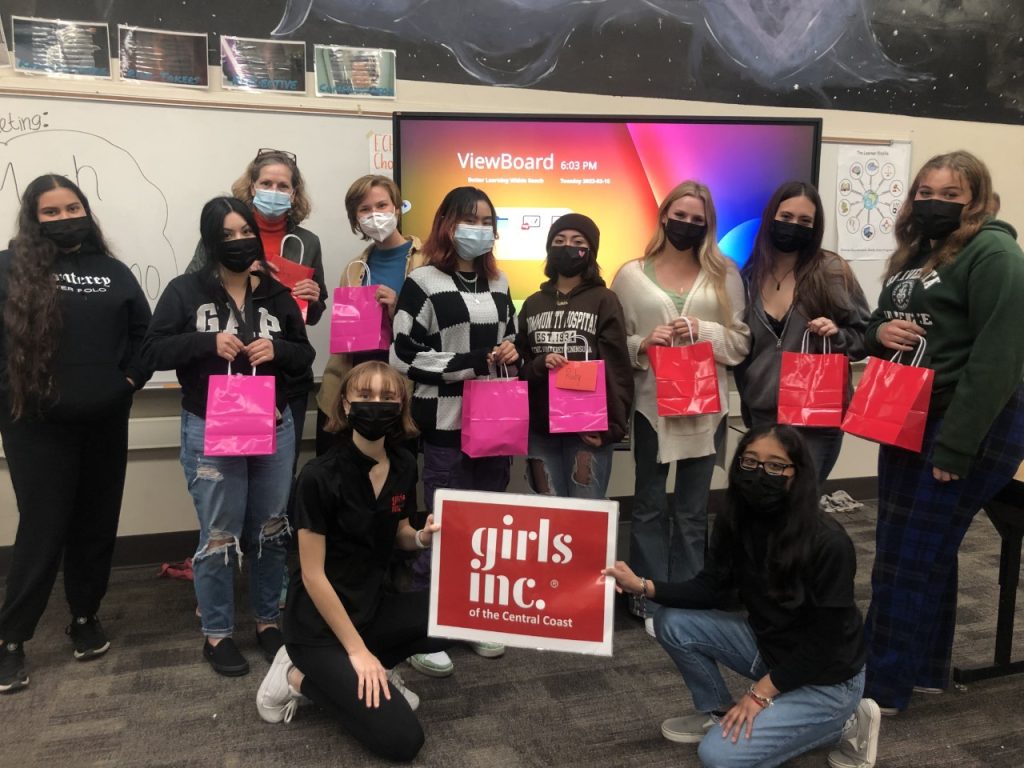
Jordyn Dezago describes her mentoring work in the Girls Inc group at Monterey High. She accounts her connection and passion with education and community uplifting. Within this article, Jordyn shares an encouraging moment on the impact of mentorship with youth.
As a passionate educator and community advocate, I believe that the greatest knowledge we can pass on to young people is of the power of their own voice, and how to use it; to ask questions with confidence, and to speak out as allies and leaders in their communities. Before attending MIIS, I worked for 6 years in the field of education and youth development. Throughout my experiences as a teacher, mentor, youth soccer coach, and community advocate, I noticed a trending disparity between the confidence levels of boys, girls and nonbinary children, especially when it came to leadership. This struck me on a personal level, having experienced a lifetime of discrimination and sexism, and inspired me to pursue a career dedicated to empowering and inspiring young girls and LGBTQ youth. Girls Inc.’s mission of “inspiring all girls to be strong, smart and bold” was what drew me to join their local program at Monterey High.
As a firm believer in the importance of community-based work, I was intrigued by the Girls Inc. ECHO Leadership program because it is designed to be a youth-led model; girls that graduate from the program are then paid to become facilitators and organizers for the next cohort. My role was to support and mentor the youth leaders, while modeling leadership through the individual connections I fostered with the participants.
I suggested that the next time she blanked out in front of the group, to just admit it, smile about it, and show that it’s ok to not be perfect. “In doing so, you are rejecting the unrealistic standards of perfection that girls are so often held to, and that is more powerful than anything you could say in a presentation.”
One of the most powerful moments in my ten months working with these young women was during the first few weeks of the program, when our youth-facilitators were still getting used to presenting in front of their peers. One facilitator in particular was really struggling; every time she stood up to present, her voice shook, and she seemed to immediately forget what she wanted to say. During our post-module evaluation and discussion, she said critically, “my presentation went badly, I’m sorry everyone.”
I spoke up in disagreement, pointing out that all of the participants had given positive feedback about her presentation in their evaluations. I reminded her that we all get nervous, and that her role as a facilitator was to model humanity, self-compassion, and forgiveness for her female peers. I suggested that the next time she blanked out in front of the group, to just admit it, smile about it, and show that it’s ok to not be perfect. “In doing so, you are rejecting the unrealistic standards of perfection that girls are so often held to, and that is more powerful than anything you could say in a presentation.”
I was surprised by the vulnerability in her eyes as she smiled back at me. It was a look that said “thank you for understanding what I’m going through.” As I got to know this student, I was able to see how similar we truly were – both driven to perfection; both learning the balance between achievement and self-acceptance.
I reminded her that we all get nervous, and that her role as a facilitator was to model humanity, self-compassion, and forgiveness for her female peers.
Every day with these girls was a lesson in humility, as they taught me about their own communities, families and values. During a discussion on community impact, a rather shy student spoke up about gang violence in her community, surprising us all with her extensive knowledge of the criminal justice system. I later found out that she was already taking courses at her local college, with plans to pursue a degree in criminal justice that she would eventually use to affect change in her own community.
Needless to say, every day with Girls Inc. was as much an opportunity to learn as it was to teach. My involvement with the organization provided a hands-on framework upon which I’ve been able to apply my studies at MIIS. I have gained invaluable insight into the internal operations and structure of education-based nonprofit, including the immense benefits of an educational program that is truly youth-centered. My career goal is to work in an organization that promotes gender equity and empowers young people through comprehensive sex education. Thanks in part to my hands-on experience at Girls Inc, I have secured an opportunity with the Taiwan Gender Equity Education Association (TGEEA) in Taipei, Taiwan.

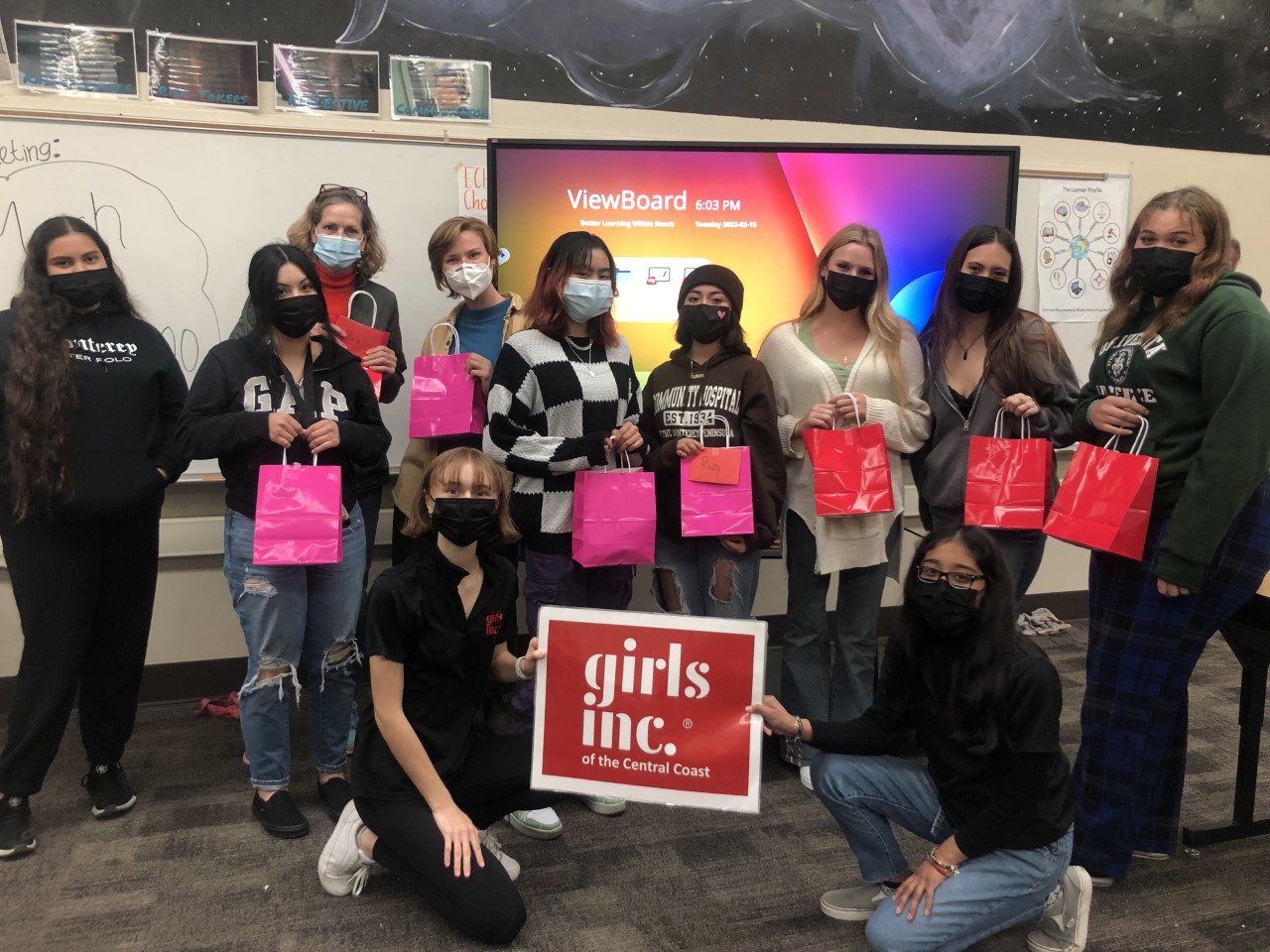



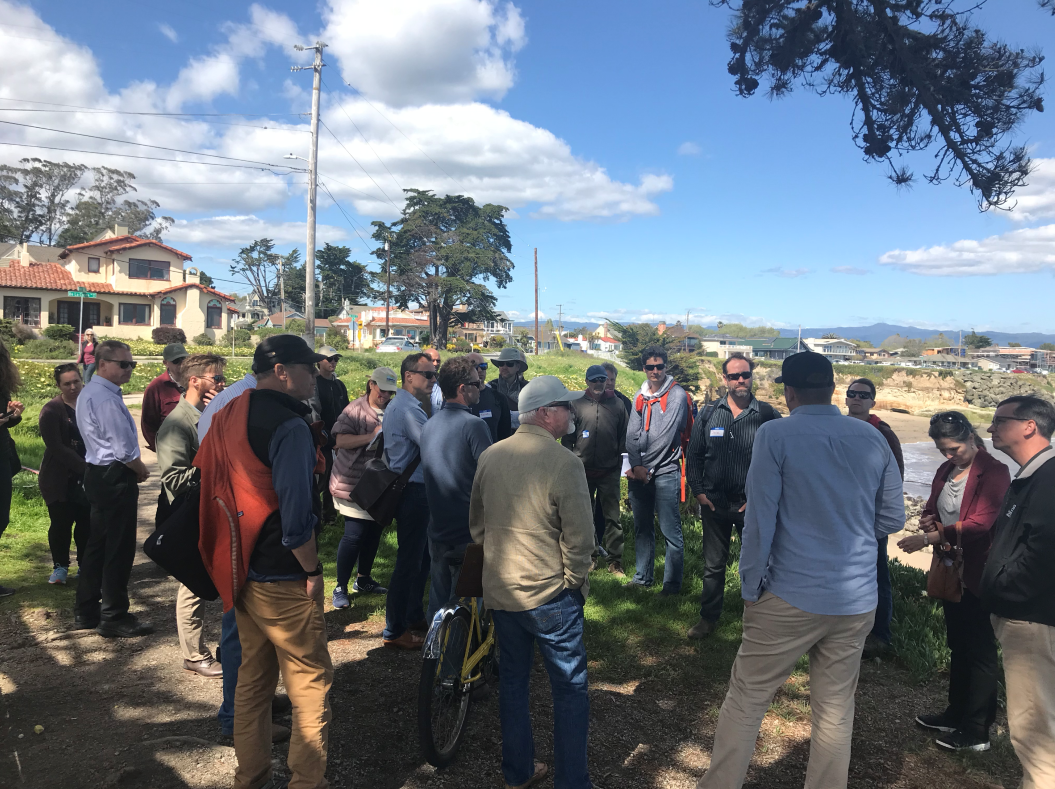
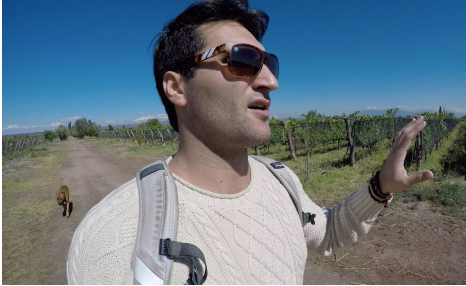


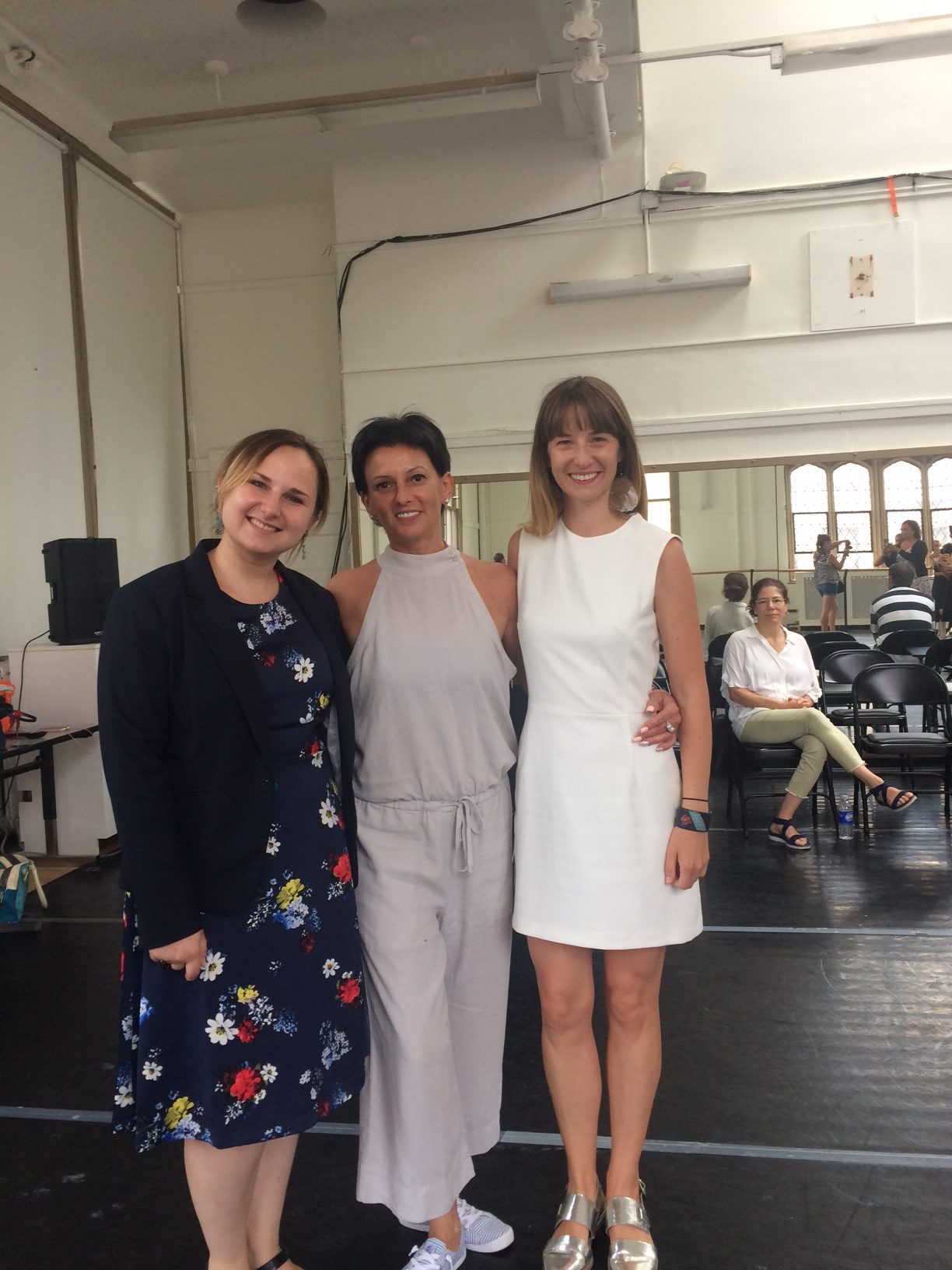




You must be logged in to post a comment.